REPRESENTING ATROCITY IN TAIWAN
GLOBAL CHINESE CULTURE
GLOBAL CHINESE CULTURE
David Der-wei Wang, Editor
MICHAEL BERRY
Speaking in Images: Interviews with Contemporary Chinese Filmmakers
Representing Atrocity in Taiwan
THE 2/28 INCIDENT AND WHITE TERROR IN FICTION AND FILM
Sylvia Li-chun Lin
COLUMBIA UNIVERSITY PRESS

NEW YORK
Columbia University Press wishes to express its appreciation for assistance given by the Chiang Ching-kuo Foundation for International Scholarly Exchange and Council for Cultural Affairs in the publication of this series.
Columbia University Press wishes to express its appreciation for assistance given by the University of Notre Dame toward the cost of publishing this book.
Columbia University Press
Publishers Since 1893
New York Chichester, West Sussex
cup.columbia.edu
Copyright 2007 Columbia University Press
All rights reserved
E-ISBN 978-0-231-51281-7
Library of Congress Cataloging-in-Publication Data
Lin, Sylvia Li-chun.
Representing atrocity in Taiwan : the 2/28 incident and white terror in fiction and film / Sylvia Li-chun Lin.
p. cm.(Global Chinese culture)
Includes bibliographical references and index.
ISBN 978-0-231-14360-8 (cloth : alk. paper)
ISBN 978-0-231-51281-7 (electronic)
1. TaiwanHistoryFebruary Twenty Eighth Incident, 1947.
2. TaiwanHistory1945
I. Title. II. Title: 2/28 incident and white terror in fiction and film.
III. Series.
DS799.823.L57 2007
951.24905dc22
2007023259
A Columbia University Press E-book.
CUP would be pleased to hear about your reading experience with this e-book at .
For HowardL. I. G.
CONTENTS
MY MOTHER WENT TO THE MARKET on the morning of 2/28. She returned with an empty basket and told us shed seen many bodies on the street. That is my first memory of the 2/28 Incident, as related by one of my sisters-in-law. I can still picture the frightened look on her face, but what strikes me most now, thirty years later, is how she abruptly stopped, after a stern look from my mother. I didnt know then what 2/28 was, but I didnt dare ask, having sensed a deep-rooted fear in them. The fear was contagious, and I never did ask her.
There was a dirty-looking man begging at the market, the sight of whom always threw a fright into me. Crippled, he dragged himself along on useless legs in tattered pants. He seemed to be nearly blind, for he looked at people with a blank stare; I was just tall enough to meet his hollow eyes. Everyone in town was kind to him. I later learned that hed once complained loudly about the taxes he had to pay. He soon disappeared, reappearing in the marketplace three months later, having lost his mind along with his mobility under brutal treatment by the Garrison Command, which suspected him of acting as a Communist spy.
This book grew out of personal memories of living in Taiwan under martial law, but also out of a scholarly impetus to examine this page of Taiwanese history. The research and writing have been supported by various organizations, the most generous of which has been my home institution: a start-up research fund and a library account when I was hired at Notre Dame paved the way for acquiring indispensable books and films; a faculty research grant further helped augment my collection of research material, with the hiring of a research assistant in Taiwan during the SARS scare, when travel to Asia was inadvisable; a summer stipend and salary recovery during my year of leave provided me with the time to write; finally, a publication subvention from the Institute for Scholarship in the Liberal Arts helped make this book available. I truly appreciate the assistance from the University of Notre Dame. My thanks also to the Chiang Ching-kuo Foundation for Scholarly Exchange for a junior scholar grant that made it possible for me to take a year off to write and revise.
Several people read portions of the manuscript at various stages: Bonnie Adrian kindly lent her expertise on ethnicity by reading the first section of . I thank Chris and Nick for their camaraderie and support. To Professor Kinkley goes my deepest gratitude for his unfailing support since I first arrived in the United States for postgraduate work. I also must thank my former graduate student and dissertation advisee, Heng-hsing Liu, himself an outstanding scholar. Serving as my research assistant in Taiwan, he helped collect valuable material and is always on the lookout for the latest scholarship from Taiwan on my behalf.
Over the years, I have benefited from the friendship and support of more kind and generous people than it is possible to thank here. A few must be mentioned, however: William Tay, for his interest in my work, his generosity toward his friends, and an incredible memory that provided immediate bibliographic information; Lili Selden, for her effervescent attitude toward life and her unstinting friendship since my first visit to the Notre Dame campus; Joyce Wong Kroll and Victoria Cass, for their love of language and a good read. It is difficult to express just how much their friendship and moral support have meant to me.
Jennifer Crewe, of Columbia University Press, always an enthusiastic supporter of literature from Taiwan, deserves mention here; without her discerning eye and literary taste, the best Taiwanese fiction would not see the light of day. I also thank my editor at the press, Irene Pavitt, for her patience and meticulous editing, and David Wang, for including this book in his Global Chinese Culture Series. It has been a pleasure working with them all. The comments and suggestions from the two anonymous readers helped me refine my theoretical approach and sharpen my arguments, and I thank them both here.
My family, although they never quite understood what exactly I was doing and why it took so long to finish, have been helpful in different ways. My mother passed away before she had a chance to know that I was writing a book (and in English!); she would have been proud to share the news with her friends. My third sister, Li-hua, has been my biggest supporter in the family. To my brothers, who helped out financially during my graduate-school years, a belated thank you, since my family has never been particularly good at expressing feelings and emotions toward one another.
Finally, to Howard, for his everlasting love and support, I dedicate this book.
I HAVE PRESERVED CHINESE NAME ORDER for all but a few people mentioned in this book, putting the family name first. Transliteration of most Chinese words and proper nouns follows the pinyin system, except for the names of those well known in the West, such as Chiang Kai-shek and Hou Hsiao-hsien.
FOUR HOURS AFTER ITS INSTALLATION, the cenotaph commemorating the 1947 February 28 (2/28) Incident in Taiwan was destroyed, and the copper plaque bearing the inscription describing the incident was pried off its base and thrown into a nearby fountain in the Memorial Peace Park in Taipei. Apparently dissatisfied with the official version concerning the causes and aftermath of the incident, relatives of the victims trashed the cenotaph to vent their anger and frustration. Although later the plaque was restored, it continues to anger the opponents of its content.
After a study entitled Research Report on Responsibility for the 2/28 Massacre was published in 2006, John H. Chiang (Chiang Hsiao-yen) brought a defamation suit against the compilers for claiming that his grandfather Chiang Kai-shek should bear the most responsibility for the incident, as it was he who had sent the enforcement troops to Taiwan, where they arrested and shot many people indiscriminately. The suit was dismissed on the grounds of freedom of speech and academic pursuit, not on the accuracy or credibility of the report. These are just two of the many occurrences exemplifying the controversial nature and consequences of representation and interpretation, all demanding that the circumstances of the incident be portrayed accurately.

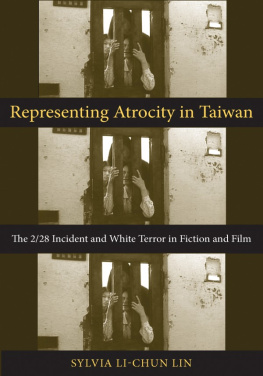
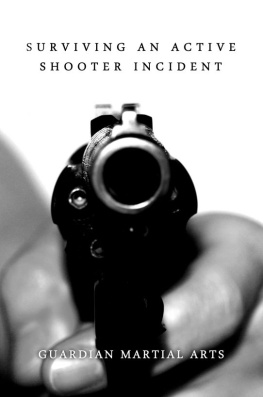
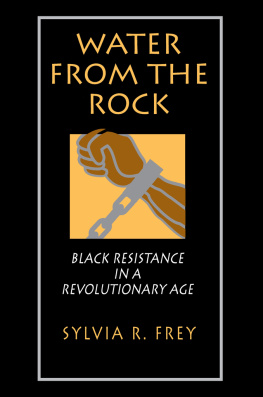

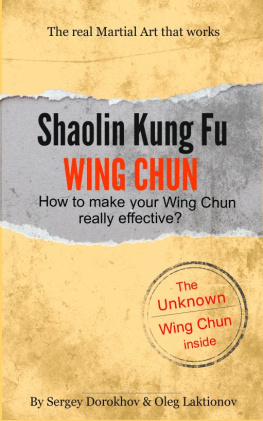
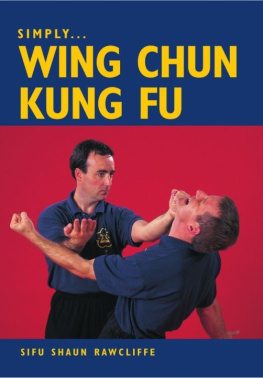
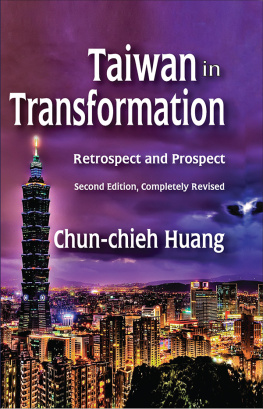
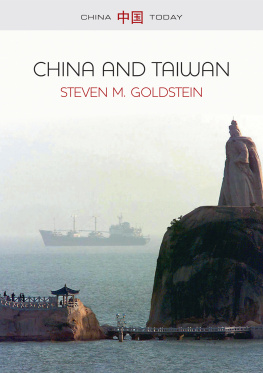
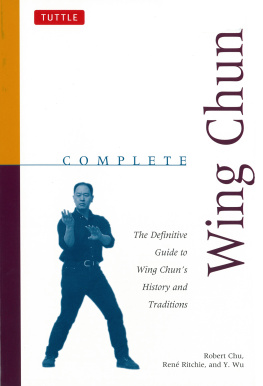

 NEW YORK
NEW YORK